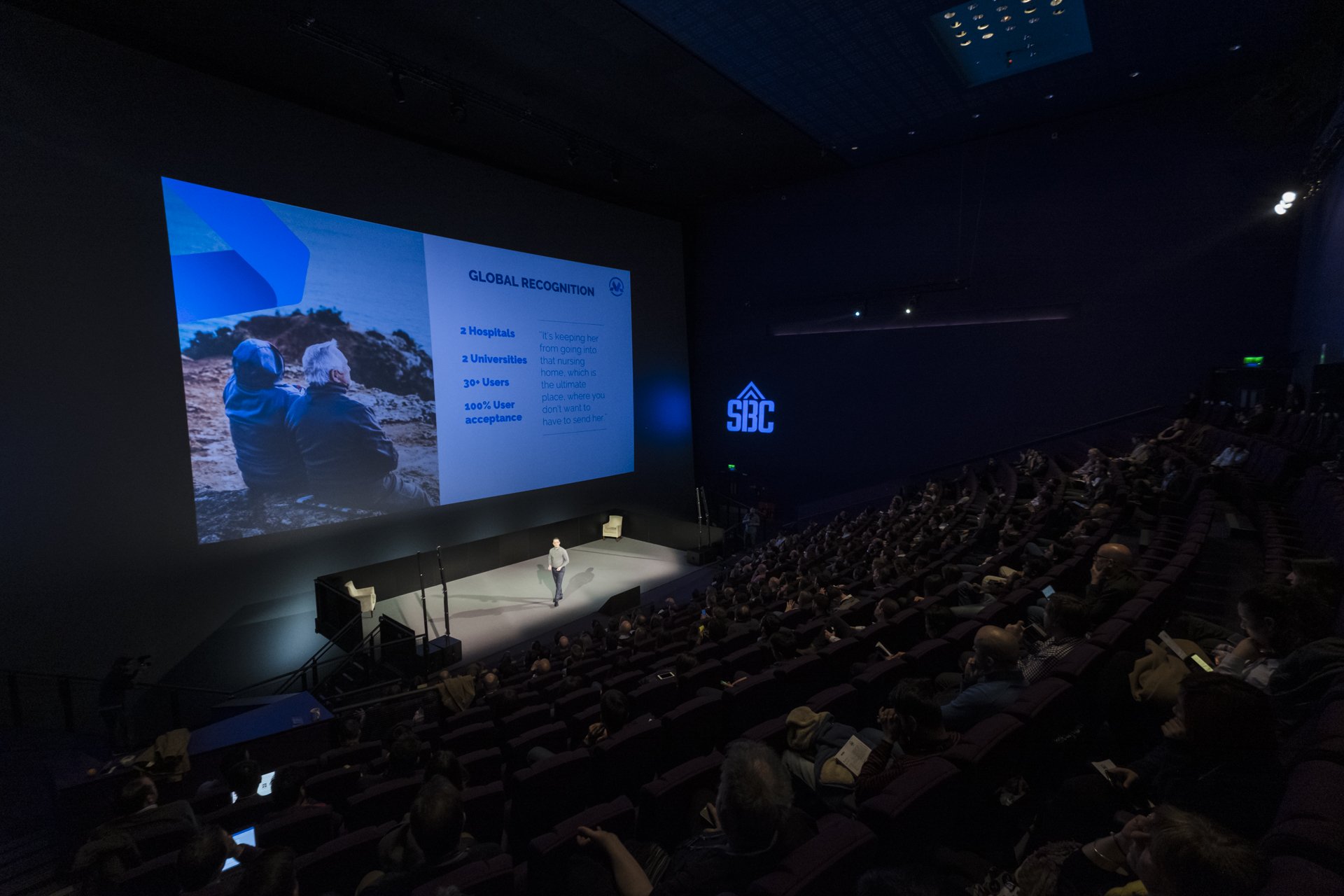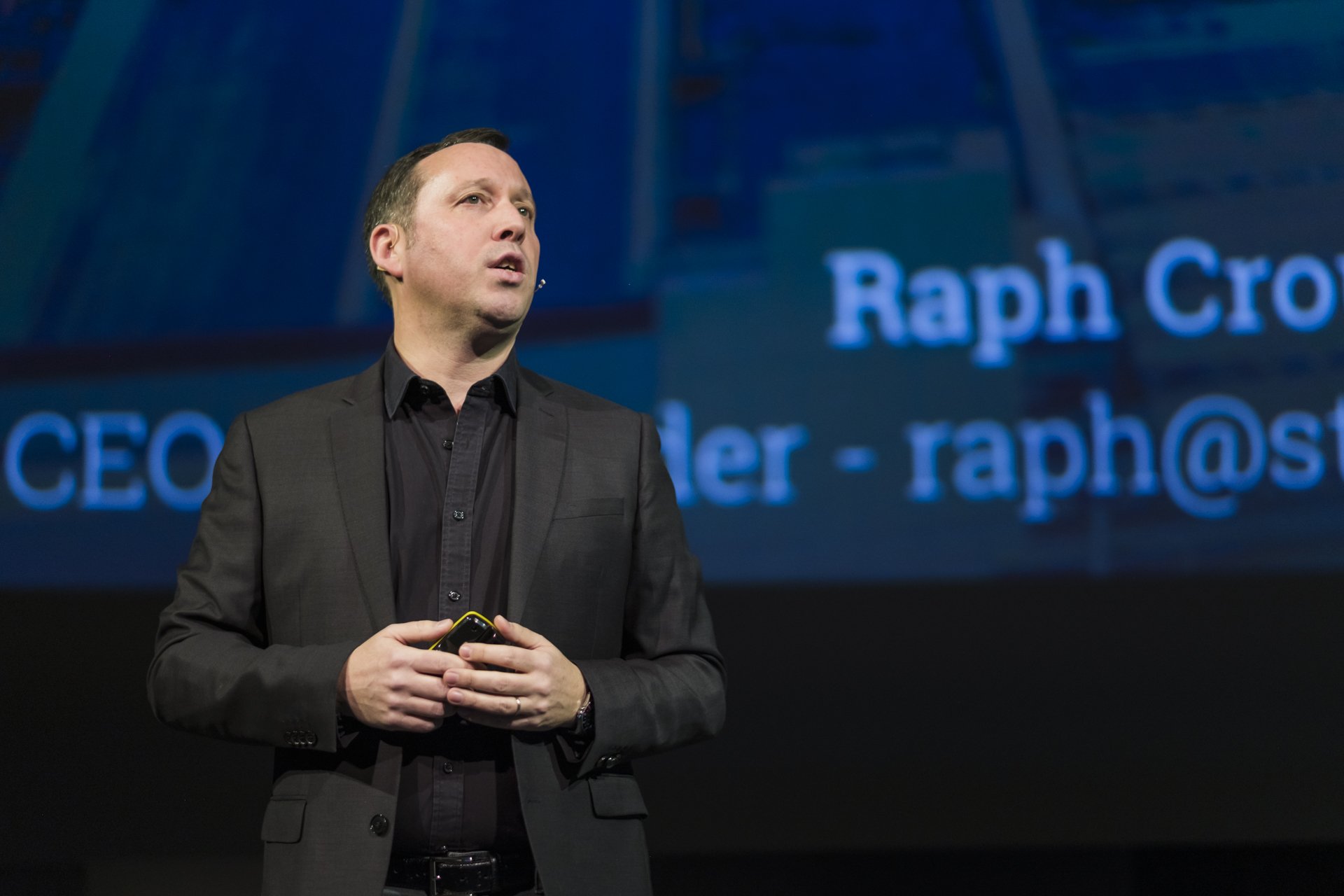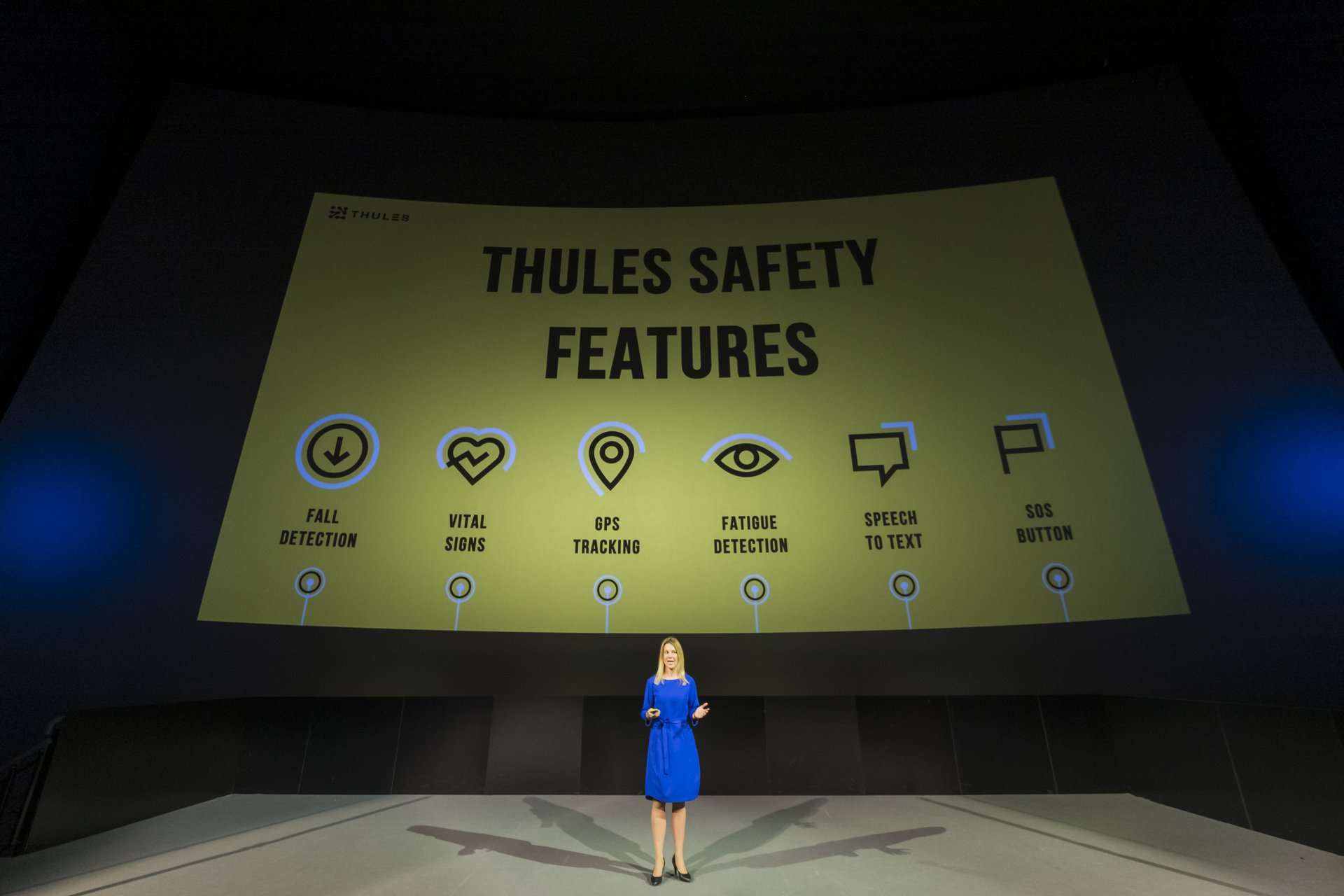Editor’s note: This is a sponsored article, which means it’s independently written by our editorial team but financially supported by another organisation, in this case, Startupbootcamp IoT. If you would like to learn more about sponsored posts on tech.eu, read this and contact us if you’re interested in partnering with us.
It's been three years since Startupbootcamp, one of Europe's oldest startup accelerators, entered into the Internet of Things space with its London programme. This week, the seven startups of the latest batch presented at the Demo Day held in British capital's Science Museum earlier this week.
Startupbootcamp has invested in 727 teams globally since its launch in 2010, 70 percent of which are still active, Startupbootcamp IoT CEO and founder Raph Crouan disclosed in the introductory talk. The startups have raised a total of €501 million.
During his opening talk, Crouan highlighted Startupbootcamp's keen interest in funding female entrepreneurs. The accelerator became one of the most active seed investors in female-founded startups in 2018, according to the data of Crunchbase News. Last year, the accelerator supported 41 teams with female co-founders, which put it on the fourth place in the ranking, behind Y Combinator, 500 Startups, and Techstars.
As for the London-based IoT programme, the total value of the 25 startups that went through it has passed €50 million. The programme has five corporate partners and five ecosystem partners and has received applications from startups from more than 60 countries.
Seven of the lucky teams that are about to graduate from the accelerator presented their progress and fundraising ambition — ranging from €300,000 to €1.2 million — on the stage of the Science Museum to a full house of about 300 attendees. Check out the Twitter Moment put together by Natalie Novick for more photos and reactions.
The startups
The first one to come on stage was Mechion, a healthtech startup from Coventry, UK, which has developed a device to monitor patients' behaviour and detect early signs of dementia. Called Iris, the wall-mounted device tracks the behaviour of people at home and helps to adjust and modify their lifestyle to cope with the condition.
Sweepteq, an aviation startup from Abu Dhabi, automates the debris collection process from runways and taxiways. The solution includes advanced airfield monitoring systems and robots that collect debris at the aircraft stand area autonomously. The startup has already attracted interest from several airports in the UK, Ireland, the UAE, and Asia.
Thules from Estonia attracted considerable attention of the Demo Day attendees before and after the pitches. The company's product is a smart suit for workers in dangerous industries, including mining, aquaculture, maritime, forestry, etc., which allows monitoring of people's safety and collect data on working conditions.
UK-based startup Qbots Energy presented a potentially transformative product that optimises power consumption at the building or neighbourhood level. The central part of it is what the startup calls a Federated Power Plant (FPP) that stores energy, predicts future consumption, and can lower energy costs by up to 30 percent.
Next up was Vesta Smart Packaging showed its solution to the widely-discussed problem of plastic packaging. The startup has come up with the idea of smart containers that monitor the levels of the product inside and order environment-friendly refills, therefore cutting the need for single-use plastic items.
London-based ORB Innovations, which appeared to have brought the largest fan club to the Demo Day, has created a smart mouthguard to monitor athletes' performance and claims that it can “optimise recovery time” after an injury. What's even more important, the device allows recognising a concussion, which is one of the most common injuries in many sports, as soon as it happens.
Closing the pitching session was Manchester-based PIN IoT, which has developed a smart tracking and asset management system for industrial waste containers. Tapping a huge market with relatively little competition, the startup has already run a pilot with one customer, which ended up opting for a full roll-out.
After the pitching was over, the attendees had a chance to talk to startups and check out their products — an opportunity most of them had used. The fresh batch of Startupbootcamp IoT alumni has generated quite a bit of interest and has a good chance at making our headlines soon, so watch this space and stay tuned for more news.
Images credit: Dan Taylor Photography






Would you like to write the first comment?
Login to post comments